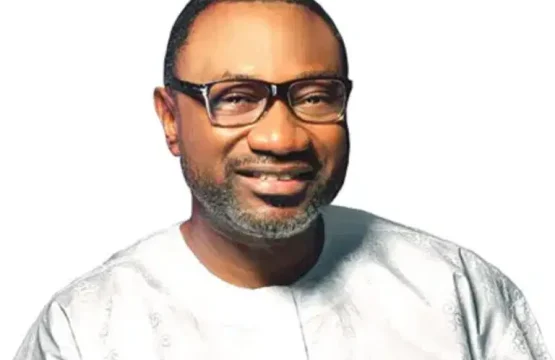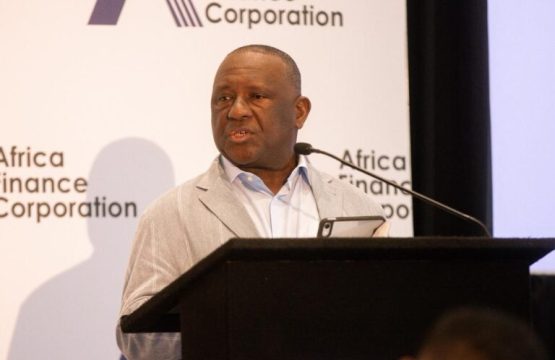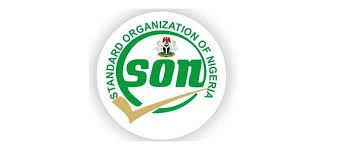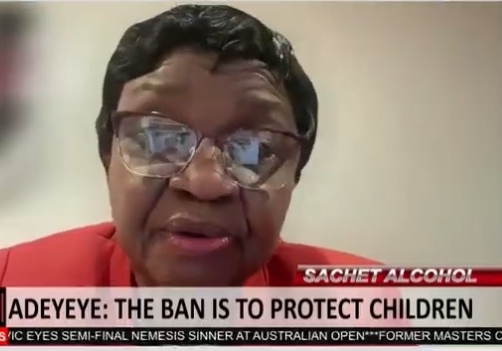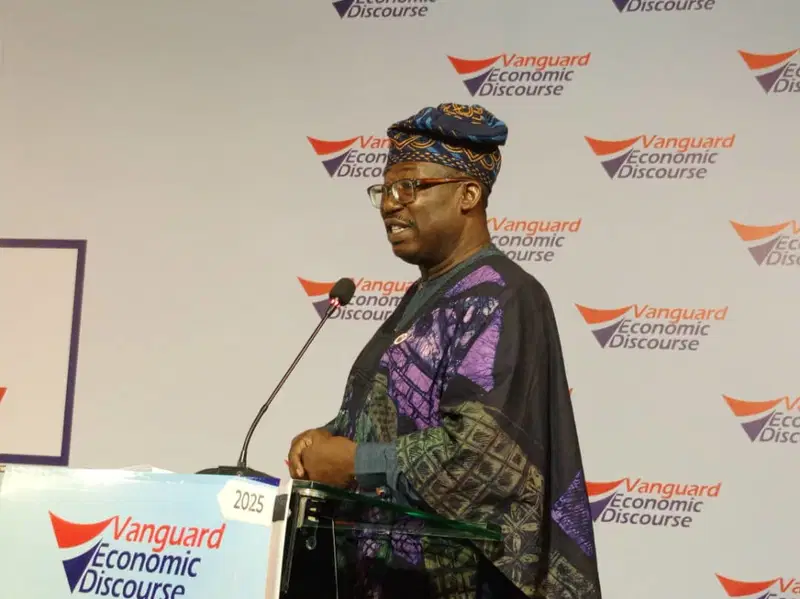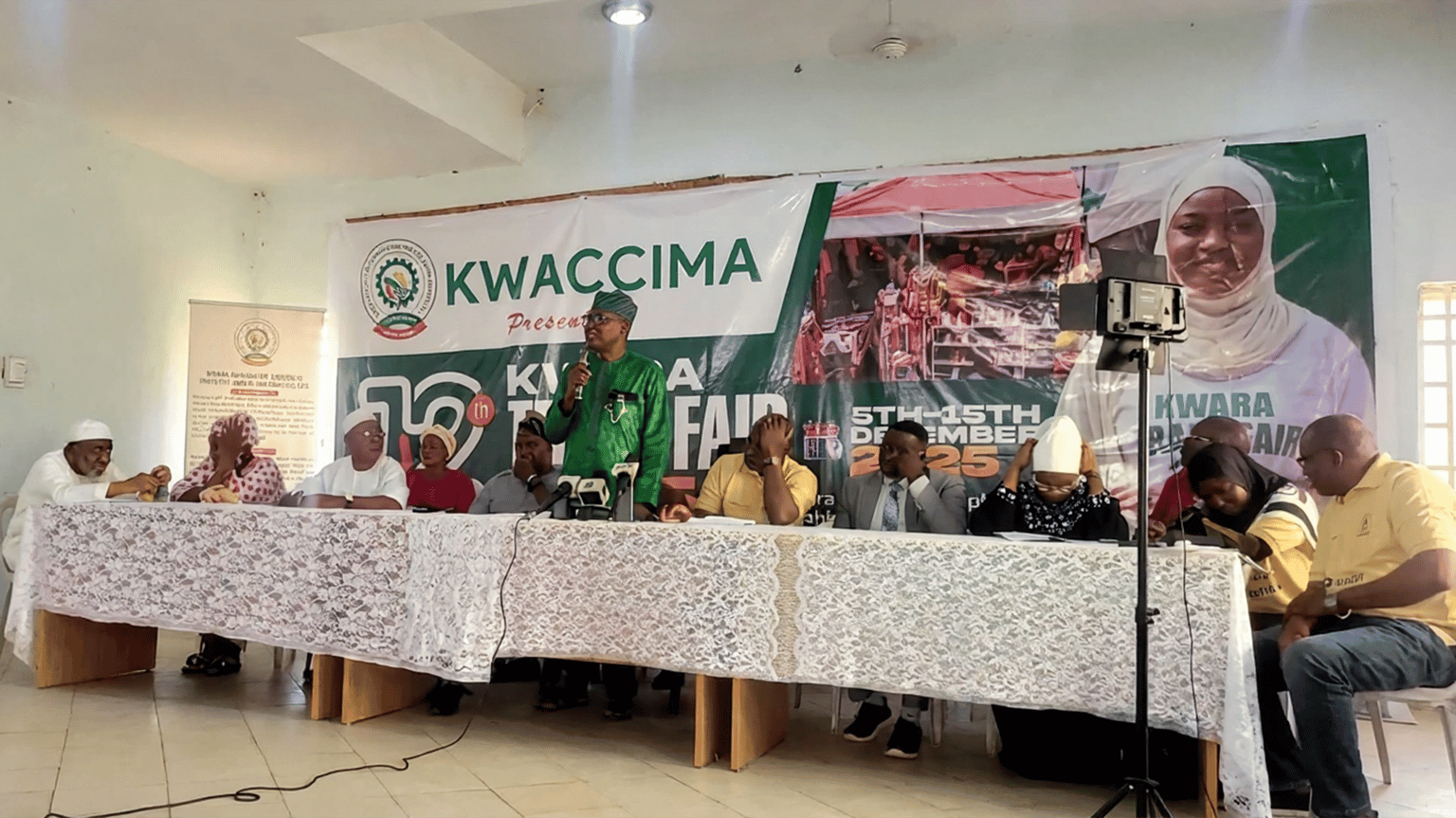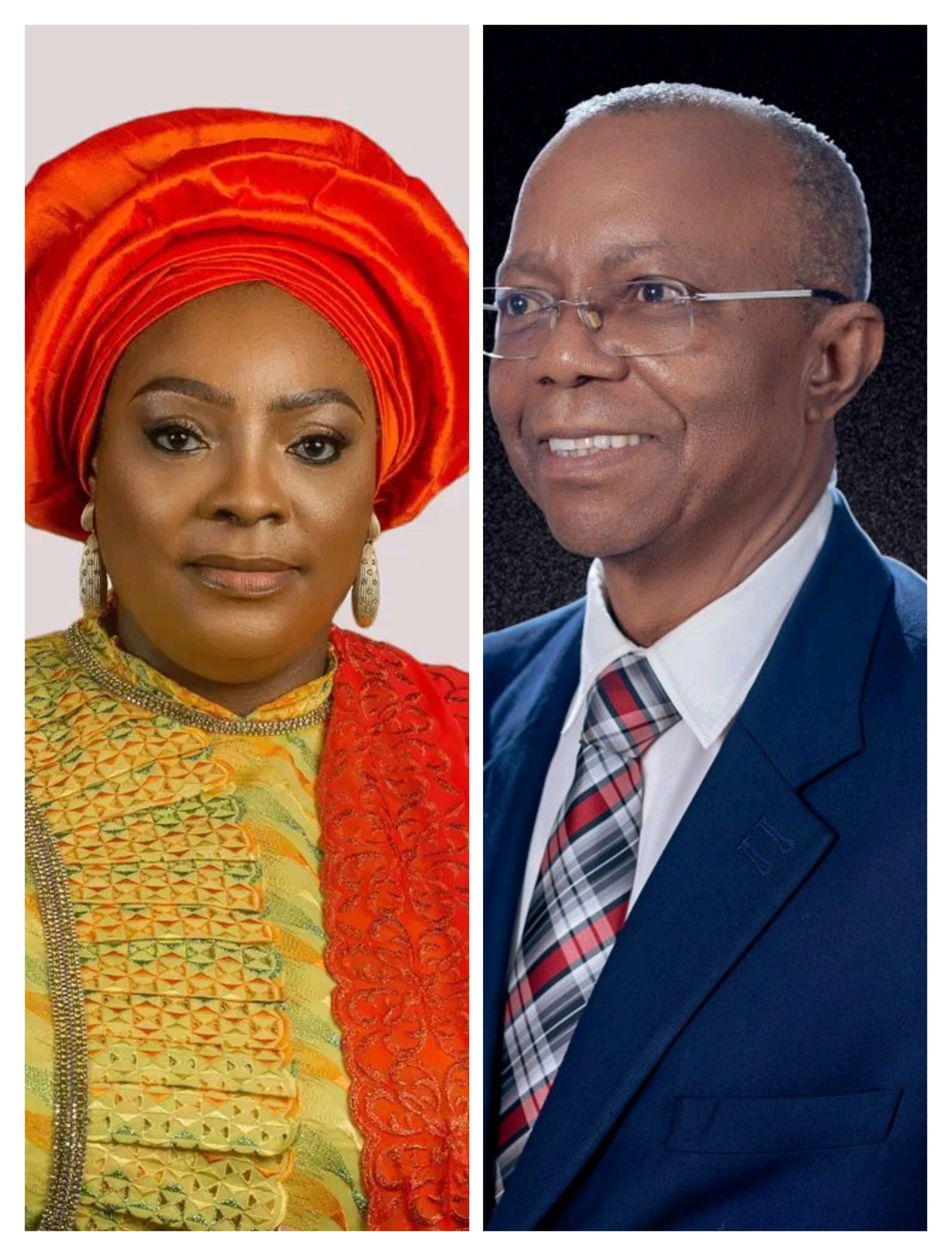Mr Dele Oye, the President of the Nigerian Association of Chambers of Commerce Industries, Mines and Agriculture (NACCIMA), is urging the Federal Government to prioritize economic sovereignty and a shift to a homegrown democracy that is both viable and affordable.Oye made the call today in Lagos , during the Vanguard 2025 Economic Discourse.
What’s Economic Sovereignty?
Economic sovereignty refers to a nation’s ability to control its own economic policies, decisions, and resources without external influence or domination.
It’s about having the autonomy to make choices that benefit the country’s economic development, growth, and well-being.
Think of it like this: economic sovereignty is the power to decide how your country’s economy runs, without being dictated to by external forces like international organizations, other countries, or multinational corporations.
This includes things like:1. Monetary policy (e.g., setting interest rates, managing currency)2. Fiscal policy (e.g., taxation, government spending)
3. Trade policy (e.g., tariffs, trade agreements)
4. Investment and ownership regulations
5. Natural resource management
When a country has economic sovereignty, it can:- Protect its industries and workers- Promote local businesses and entrepreneurship- Regulate foreign investment- Manage its natural resources sustainably- Make decisions that benefit its citizens’ economic well-being
However, economic sovereignty can be challenged by factors like:- Globalization and international trade agreements- Dependence on foreign aid or loans- Influence from international organizations (e.g., IMF, World Bank)- Multinational corporations with significant economic power.
Many countries strive for economic sovereignty to ensure their economic development aligns with their national interests and values.
When a country has economic sovereignty, it can:- Protect its industries and workers- Promote local businesses and entrepreneurship- Regulate foreign investment- Manage its natural resources sustainably- Make decisions that benefit its citizens’ economic well-being.
Oye said: “ We need a political structure that can withstand external pressures and remain resilient in the face of global shifts.
”Oye, who was the Chairman of the occasion, said that the current economic situation of Nigeria has brought the country to a crossroad, where strategy is required for success.
He said that it is possible for Nigeria to reshape its economic challenges and turned the adversity to opportunity.His words: “Nigeria must succeed and be strategic; we are at crossroads where we can reshape our current destiny, where adversity can give rise to opportunity
.“As we navigate today’s economic landscape, we face significant headwinds, including persistent inflation, geopolitical tensions, and disruptions in global supply chains.However, we also have promising tailwinds: advancements in technology, emerging trade partnerships, and a vibrant, entrepreneurial youth.
The balance between these challenges and opportunities will shape Nigeria’s future, highlighting the need for thoughtful policies that harness our potential while addressing the risks ahead.”
He stated: “We find ourselves at a pivotal moment in history, with profound global changes redefining relationships and power dynamics.
The current U.S. administration’s focus on isolationism and trade wars has led to a reevaluation of America’s long-standing alliances, leaving many nations, including Nigeria, to grapple with the complexities of a shifting world order.
The resurgence of Russia from a backdrop of U.S. policy shifts reminds us of the importance of adaptability in diplomacy.

